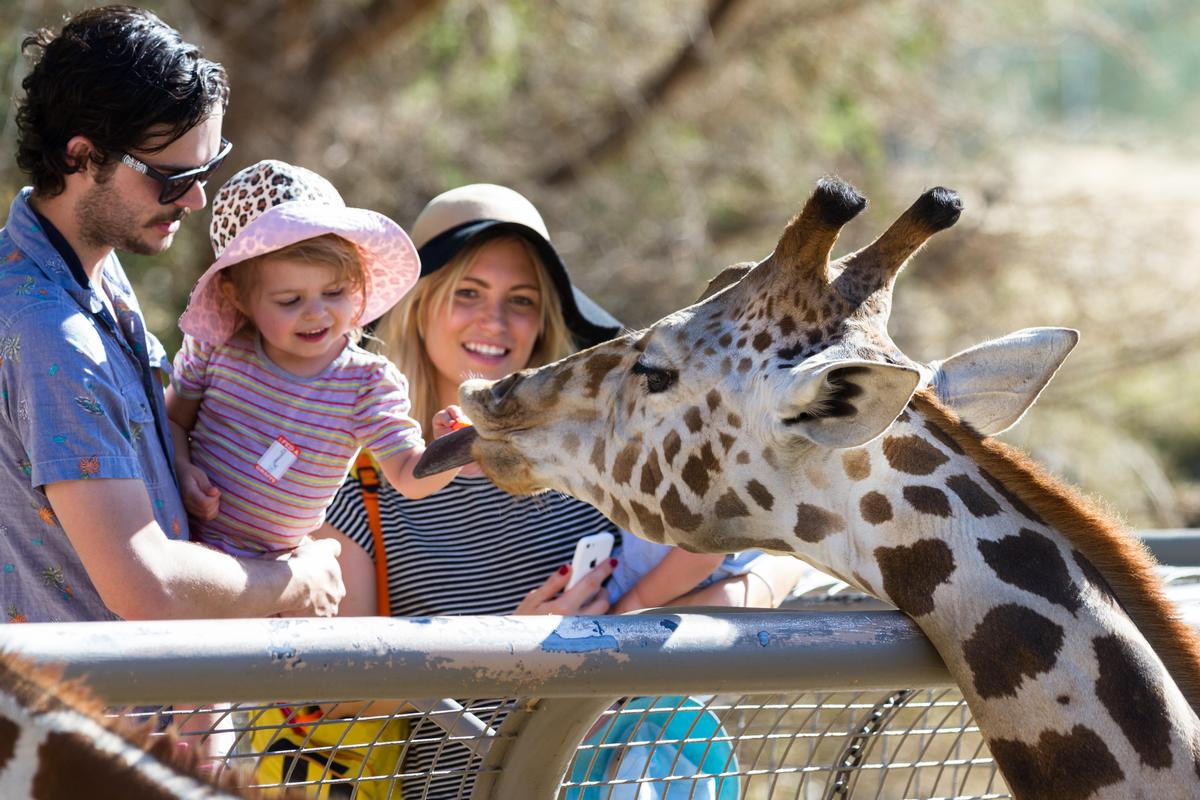see all jobs
'Personal connection key for zoos', says expert psychologist
A leading academic in the fields of psychology and conservation has said that zoos need to foster a personal connection between guests and animals in order to encourage repeat visits and continued contributions to conservation efforts.
Delivering the keynote address at the European Association of Zoos and Aquaria’s (EAZA) European Zoo Educators Conference (EZE), Susan Clayton explained that creating the connection was crucial in encouraging zoo visitors to make contributions and understand conservation efforts made by zoos.
Clayton, who is professor of psychology and chair of environmental studies at the College of Wooster in Ohio, US, focuses her research on the human relationship with the natural world, how it is socially constructed, and how it can be utilised to promote environmental concern.
“From a psychological point of view, emotion is really important,” said Clayton. “It’s a signal to the brain to pay attention. Emotional experiences can have greater impact and they’re more likely to be recalled later and change the way we think about things.
“In studies of human relationships, perceived similarity is very important in predicting empathy. You might think of the immigration crisis for example. If you are perceived to have something in common, you're much more likely to empathise with their plight and are more likely to offer help.
“This statement is also true even for the relationship between human and animals. Perceived similarity has been found to be associated with a desire to help. Repeated experiences of connection can start to become stable for a longer sense of interest in the natural world.”
According to Clayton, creating a personal connection is only the first step, and that to promote behavioural change, zoos must look at why their visitors come to the zoo, which is primarily a social experience over coming to observe animals.
“When people are asked their primary reason to visit the zoo, only a third say the animals. You get people who want to spend a day with their family or spend a nice day outside for example. If you think about the zoo as a social experience, we can think about those social interactions that occur,” she said.
“When the visitor goes to the zoo, they look at and talk with each other about the animals they see, strengthening social bonds. The fact there is a group means you can create social norms.
“They can also talk about shared values,” she continued. “Saying something as simple as ‘look how beautiful that tiger is’ puts value on that tiger. If you say ‘I wish there were more tigers in the wild’, you’re saying it's important to protect these animals. There’s this opportunity for a social construction of environmental concern in the zoo.
Concluding her talk, Clayton encouraged attendees to encourage optimism within zoos, which in turn will increase personal connection.
“By providing this social context the zoo can give people a more positive optimism that it is possible to do something,” she said.
“I would encourage zoo operators to try and think more about ways in which they can increase people’s sense of connection to animals, wildlife and environmental issues in general. Encourage them to believe there is something they can do to make a difference.”
More News
- News by sector (all)
- All news
- Fitness
- Personal trainer
- Sport
- Spa
- Swimming
- Hospitality
- Entertainment & Gaming
- Commercial Leisure
- Property
- Architecture
- Design
- Tourism
- Travel
- Attractions
- Theme & Water Parks
- Arts & Culture
- Heritage & Museums
- Parks & Countryside
- Sales & Marketing
- Public Sector
- Training
- People
- Executive
- Apprenticeships
- Suppliers
















































